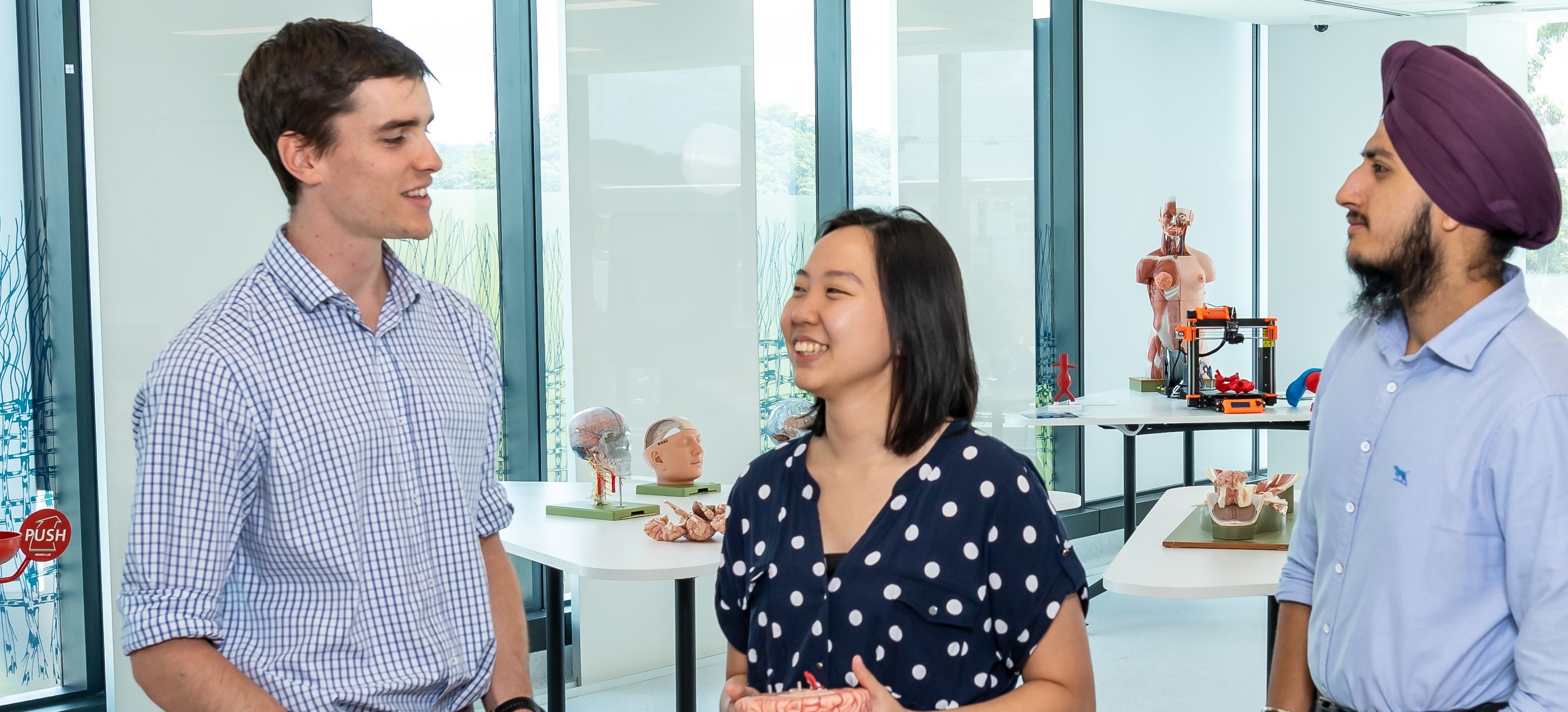
Health and Economic Wellbeing
This group integrates economics, development, and health, this group works to create sustainable solutions for economic and healthcare challenges. Our research helps inform policies that improve societal wellbeing and ensure equitable access to healthcare resources.
Focus
This subgroup aims to enhance healthcare systems and benefit stakeholders both nationally and internationally. We concentrate on evidence-based, patient-centered research to improve the effectiveness and efficiency of healthcare at multiple levels. Our collaborative, multidisciplinary environment brings together students, researchers, health providers, practitioners, and policymakers to address complex health challenges.
Impact
Our research contributes to the development of more effective and efficient healthcare systems, improving outcomes for patients and providers alike. By leveraging the university’s skills, expertise, and resources, we develop innovative strategies to tackle real-world health issues. Our work supports a wide range of stakeholders and makes significant contributions to the field of health economics and policy, ultimately leading to better health outcomes and more sustainable healthcare systems.
Outcomes
- Henriquez, J., van de Ven,W., Melia, A., Paolucci, F. (2024). The roads to managed competition for mixed public-private health systems: a conceptual framework. Health Economics, Policy, and Law.
- Arija Prieto P, Antonini M, Ammi M, Genie M, Paolucci F, (2024). Political determinants of COVID-19 restrictions and vaccine rollouts: The case of regional elections in Italy and Spain. Health Policy, 145
- Antonini M, Genie, M., Attema AE, Attwell K, Francesco P. (2024). Public preferences for vaccination campaigns in the COVID-19 endemic phase: Insights from the VaxPref database" 2024, Health Policy and Technology.
- For a full overview of our activity, visit the Value in Health Economics & Policy webpage here:https://www.value-health-economics-policy.org/
Focus
This research group explores (i) the economic aspects of the development process focusing on improving fiscal, economic, and social conditions, (ii) the economic impact of environmental policies and the costs and benefits of environmental changes and regulations, and (iii) the role of money and financial institutions in the economy, including the formulation and impact of monetary policy.
Impact
Our research provides valuable insights into how economic development can be enhanced through better fiscal and social policies. We highlight the importance of environmental sustainability and the economic implications of environmental regulations. By analysing the role of monetary policy and financial institutions, we contribute to a deeper understanding of their impact on economic stability and growth. Our work supports policymakers, researchers, and practitioners in developing strategies that promote sustainable development and economic resilience.
Outcomes
- Semtner A, Dzator J. and Nadolny A. Is No (Soft) Skill Left Behind? Do Soft Skills Enable Job Mobility, (2024) Applied Economics.
- Acheampong AO, Opoku EEO, Amankwaa, A and Dzator J. (2024). Energy Poverty and Gender Equality in Education: Unpacking the Transmission Channels, Technological Forecasting and Social Change.
- Du Y, Agbola FW, (2024) “Servicification and global value chain upgrading: empirical evidence from China s manufacturing industry”, Journal of the Asia Pacific Economy, 29: 739-761.
- Amponsah, M., Agbola, F.W. and Mahmood, A. (2023) “The relationship between poverty, income inequality and inclusive growth in Sub-Saharan Africa.” Economic Modelling, 126:

Join Us
We invite academic researchers, industry professionals, government stakeholders, and the general public to engage with our research. Together, we can drive meaningful change and promote sustainable development through informed financial practices.
For more information, please contact us at nbs.enquiries@newcastle.edu.au
The University of Newcastle acknowledges the traditional custodians of the lands within our footprint areas: Awabakal, Darkinjung, Biripai, Worimi, Wonnarua, and Eora Nations. We also pay respect to the wisdom of our Elders past and present.